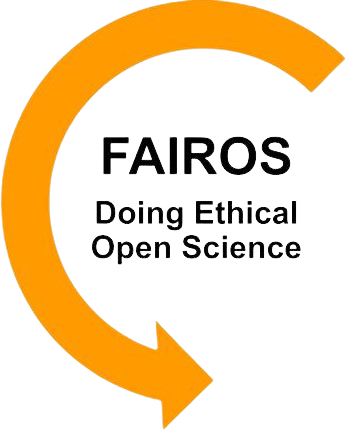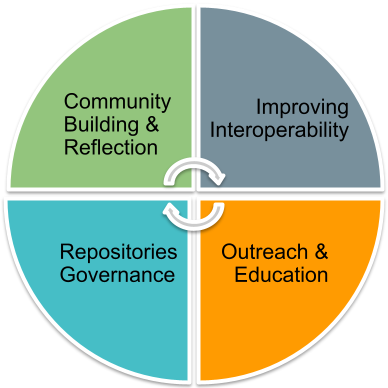We will advance the implementation of CARE and other ethical best practices at all stages of the research data life cycle.
Activities
We will focus on two well-established open community data resources—Open Context and Neotoma—as test cases for exploring how best to implement CARE practices in archaeological and paleoecological datasets. CARE introduces a set of important technical requirements that need to be supported. For example, data infrastructure needs to support Traditional Knowledge labels and notices to help better express cultural aspects of data provenance and expectations for benefits sharing. Similarly, data infrastructure needs to be flexible enough to manage culturally specific systems of metadata documentation. These expanded and diversified sets of metadata needs will also need to be managed by curation workflows that inclusively represent stakeholder interests.
The exact form of implementation will vary among open data resources, and it is unlikely that a single solution will work for all. Hence, over the course of the symposia hackathons, webinars, and other activities, we will use Open Context and Neotoma as two representative instances of open community data resources in archaeology and paleoecology, with differing degrees of implementation of CARE principles and pre-existing relationships with Indigenous leaders and scholars. Symposia breakout sessions and hackathon activities will help identify technical requirements to guide CARE principle-aligned improvements to Open Context and Neotoma, which can then serve as model examples for other data resources.

